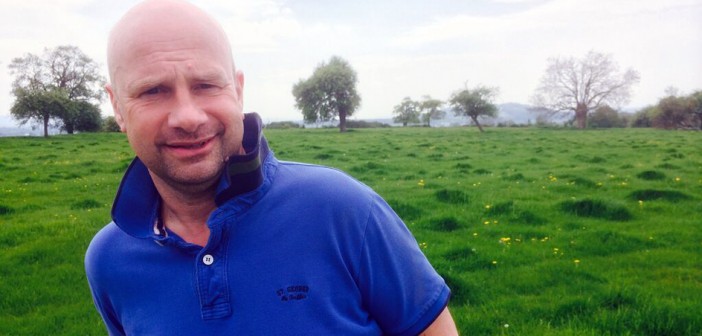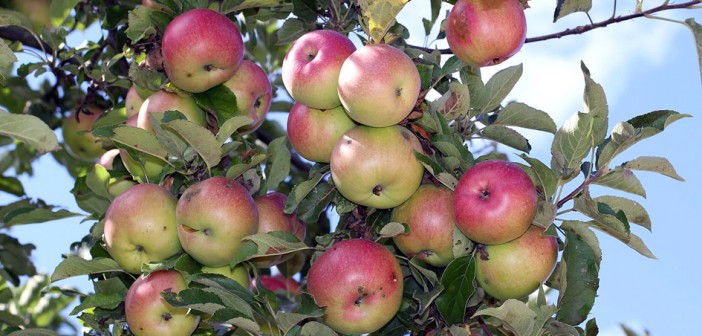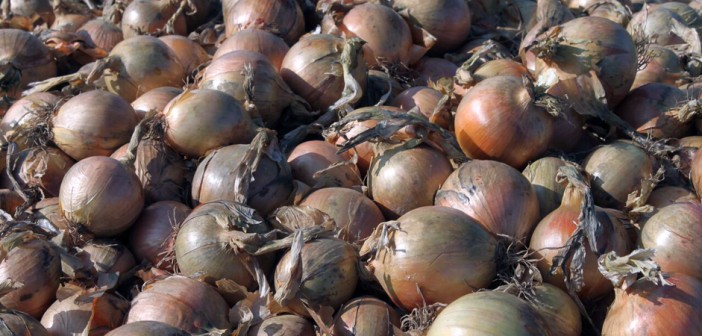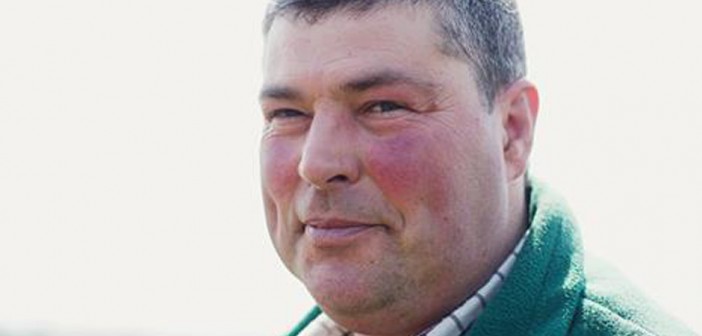A new food traceability system developed by Gloucestershire farmers with widespread support from across the food industry will go live later this month on 19 February.
The promoters claim that Happerley Passports empowers farmers to control provenance at the point of production and consumers to instantly unlock the whole provenance story of their food with one unique traceability code. Every UK primary food producer will be invited to create a free Producer Passport and profile and invite all intermediaries and retailers whom they trade with into a visible supply chain to create one network.
Producers are then able to generate a unique traceability code online for every food batch leaving their holding. The codes are validated through the food chain by participating intermediaries and retailers.
Co-founders, farmers Matthew Rymer and Clifford Freeman, originally conceived the concept to provide the full story of the provenance behind each cut of Pedigree Gloucester Beef they sold., but following two years of development, including a significant investment in software and a collaboration agreement with The University of Aberdeen, they claim the system can be used by the whole food industry.

Photo Credit: Happerley Passports – Clifford Freeman
The post Farmers launch new traceability scheme appeared first on Hort News.








